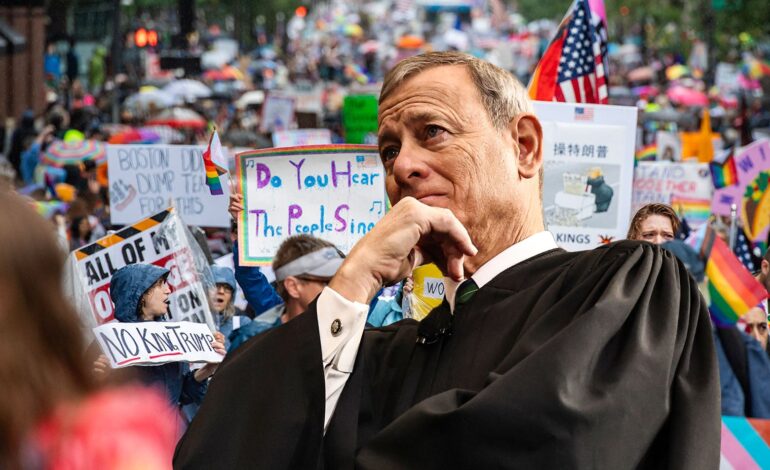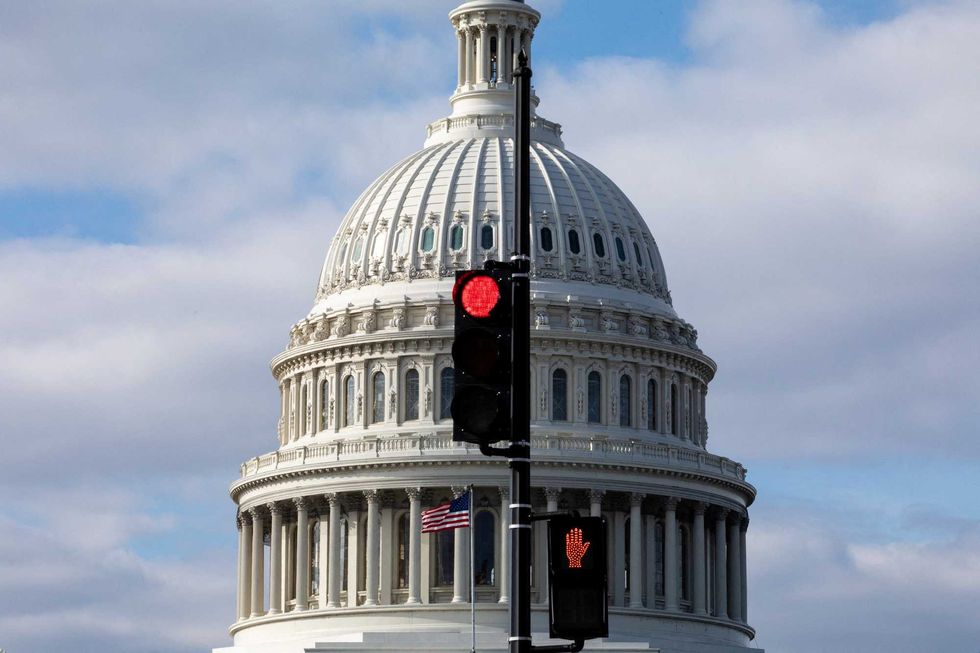Supreme Court Ruling Sparks Controversy Over Trans Rights in Arkansas

On Tuesday, the U.S. Court of Appeals for the 8th Circuit upheld a controversial Arkansas law banning gender-affirming care for minors, a decision that follows the Supreme Court’s ruling in United States v. Skrmetti. This ruling, which received significant attention this summer, has far-reaching implications for transgender health care across the Midwest and beyond. The 8th Circuit ruled 8-2 in the case of Brandt v. Griffin, affirming that the Arkansas ban withstands constitutional challenges, igniting a heated debate about the rights of transgender individuals and their families.
The Supreme Court decision in Skrmetti allowed a similar ban in Tennessee to go into effect, stating that such laws do not violate the equal protection clause because they do not classify individuals based on their transgender status. This ruling has drawn criticism for seemingly disregarding the health and safety of transgender youth. In Brandt, the 8th Circuit echoed this sentiment, dismissing challenges from parents and medical professionals who argued that the ban infringes on parental rights and the freedom of speech of health care providers.
Judge Jane Kelly, the sole Democratic appointee on the 8th Circuit, voiced her dissent, emphasizing that the trial in Brandt presented substantial evidence of discrimination against transgender individuals. “The court’s failure to recognize the animus directed at transgender adolescents is alarming,” she stated. The majority’s ruling, she argued, misapplies constitutional analysis, which typically demands heightened scrutiny in cases of discrimination.
The implications of the ruling extend beyond just parental rights. The court’s decision suggests a troubling precedent where constitutional protections may not apply equally to all citizens. Critics argue that the ruling illustrates a growing trend among courts with conservative majorities to prioritize ideology over established legal principles. This shift raises significant concerns about the future of constitutional rights in the United States.
The 8th Circuit decision also addressed the rights of health care providers. The majority contended that the Arkansas ban has only an incidental impact on doctors’ ability to provide care, thus not infringing on their freedom of speech. This reasoning is particularly striking given the Supreme Court’s upcoming review of Chiles v. Salazar, a case challenging Colorado’s ban on conversion therapy under free speech protections. Legal observers are closely watching how the Supreme Court may approach this issue, especially in light of the recent ruling in Brandt.
As the legal landscape regarding transgender rights continues to evolve, the ramifications of the 8th Circuit‘s decision are profound. The ruling not only reinforces existing bans but also sets a precedent for further restrictions on health care access for transgender minors. Advocates for transgender rights are concerned that this trend may lead to more states adopting similar laws, exacerbating the challenges faced by transgender youth and their families.
The ongoing debate around these legislative measures highlights the urgent need for comprehensive policies that protect the rights and health of all individuals, particularly vulnerable populations like transgender minors. With the potential for further legal challenges on the horizon, the discourse surrounding gender-affirming care is sure to remain contentious in the coming months.
As this situation unfolds, it remains critical for lawmakers, judicial bodies, and the public to engage in informed discussions about the implications of these rulings and the overall impact on civil rights in the United States. The future of transgender health care and parental rights hangs in the balance as advocates and opponents alike prepare for what may come next.






